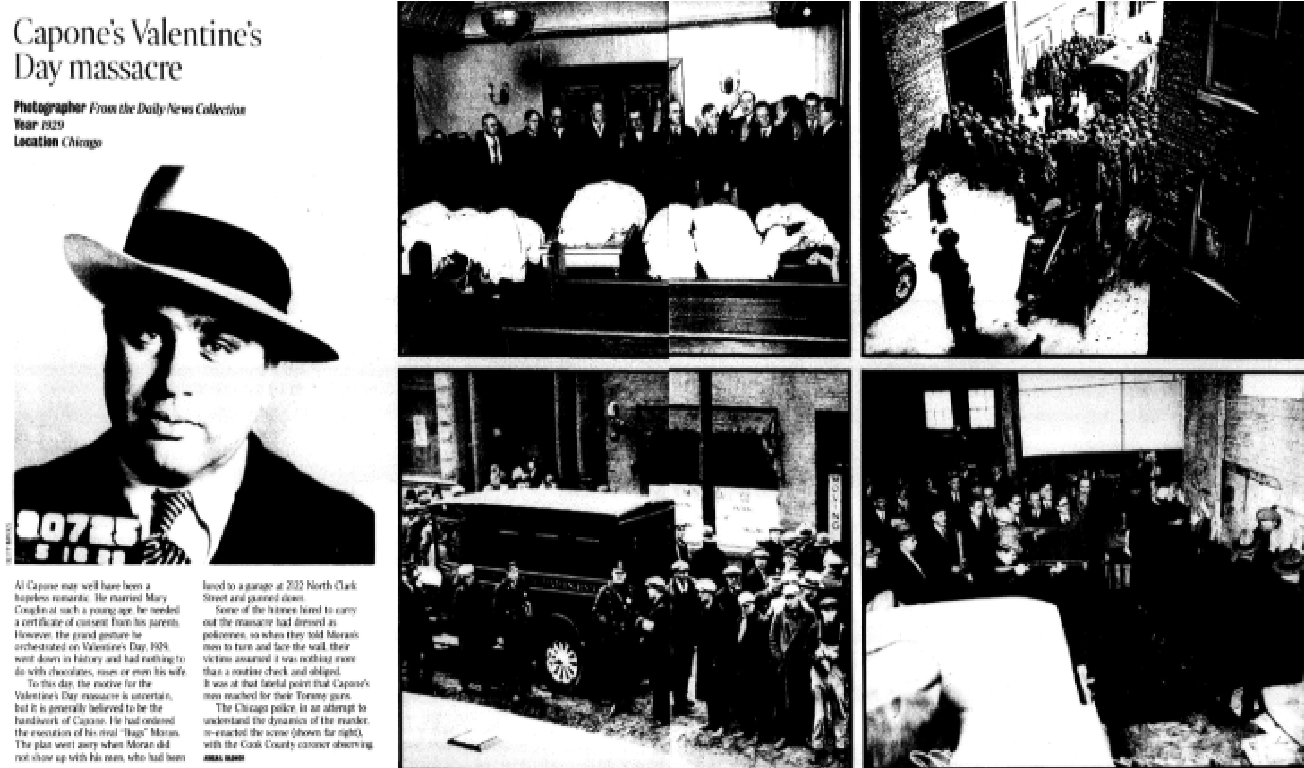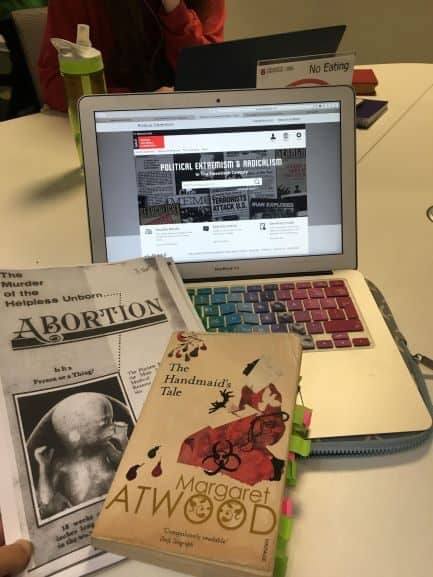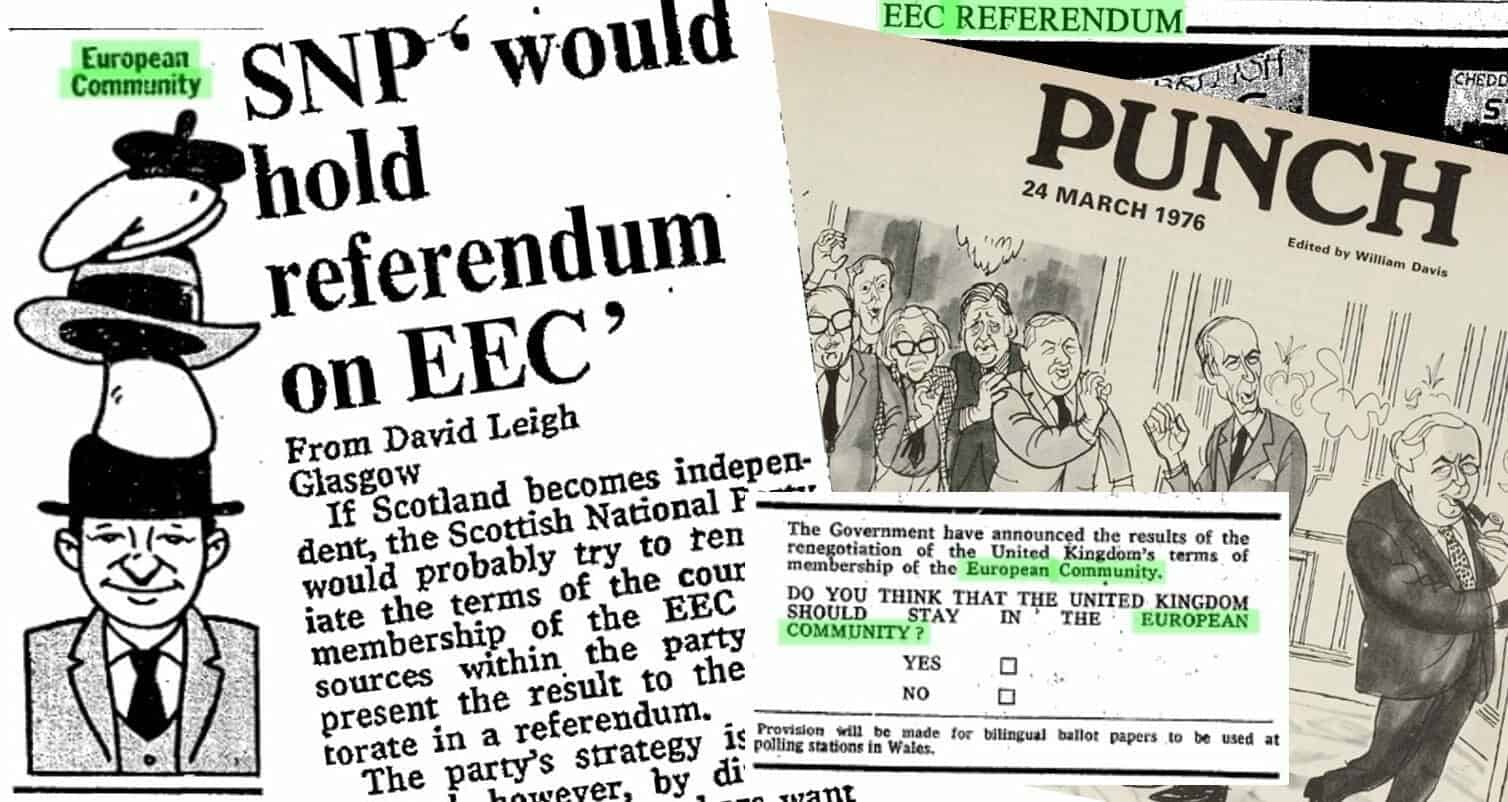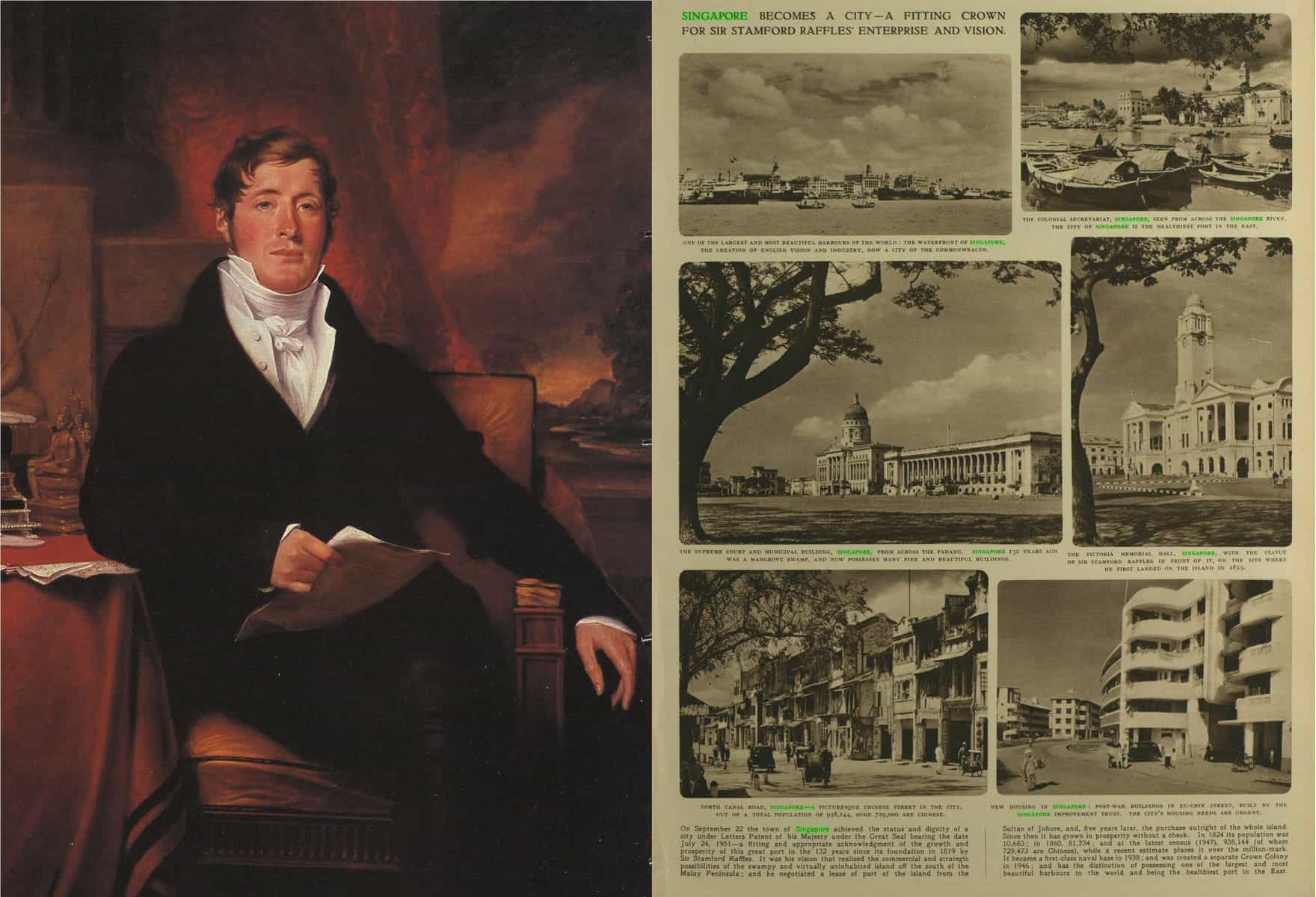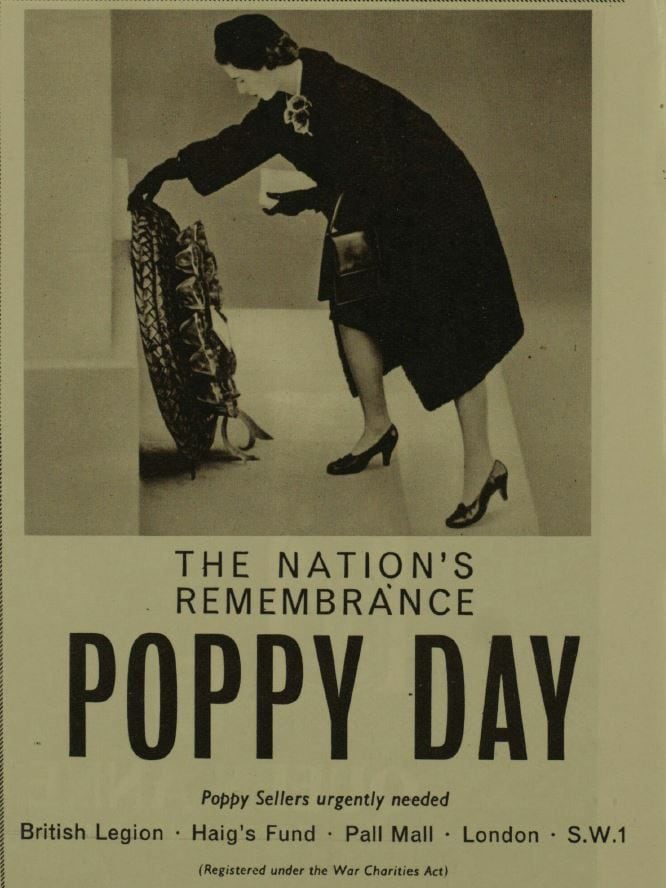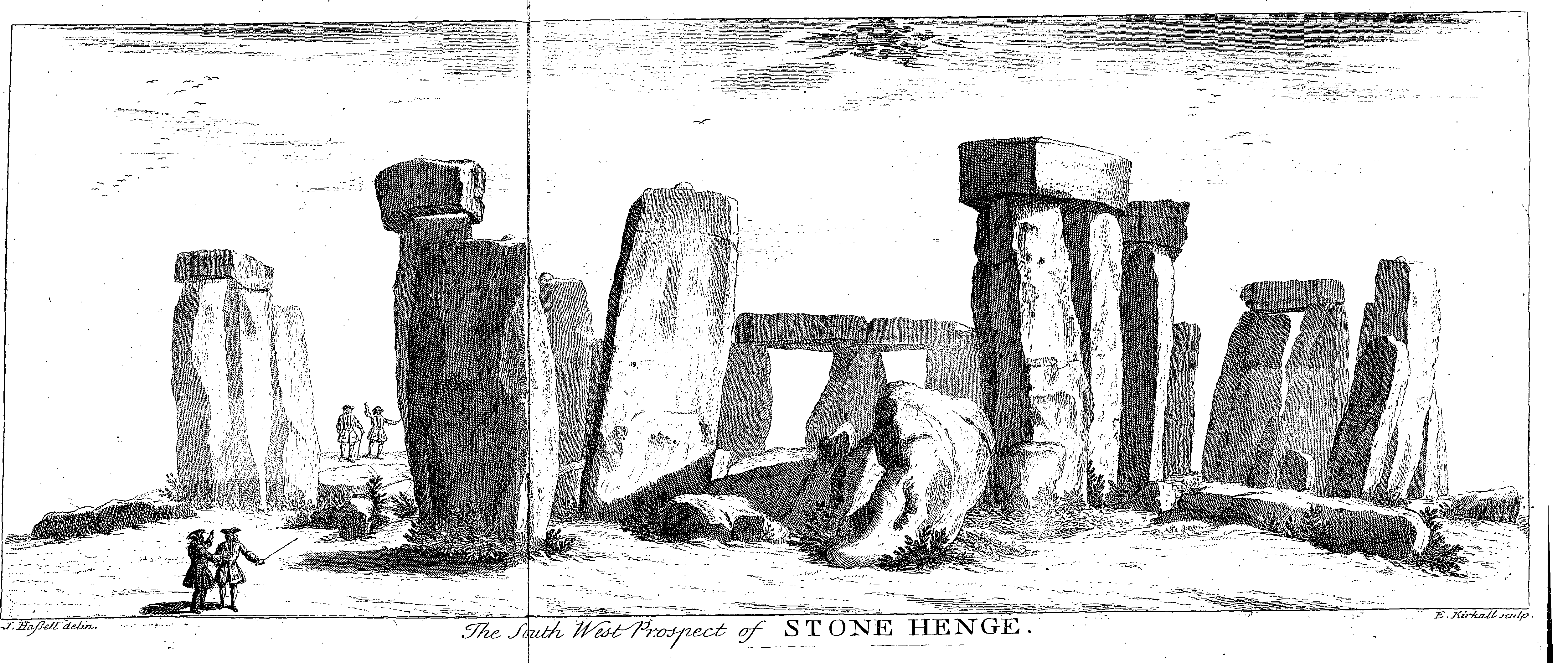By Grace Mitchell-Kilpatrick, Gale Ambassador at the University of Exeter
What constitutes ‘feminism’ and to class oneself as a feminist is highly contentious and politicised. It is, however, a concept which does not fall solely in the private or public sphere, and for that reason it is necessary to consider what the cause defends. I thought it would be interesting to use Gale Primary Sources to aid an investigation into the issue of rape and sexual violence, an issue which feminist sentiment advocates to eliminate.



